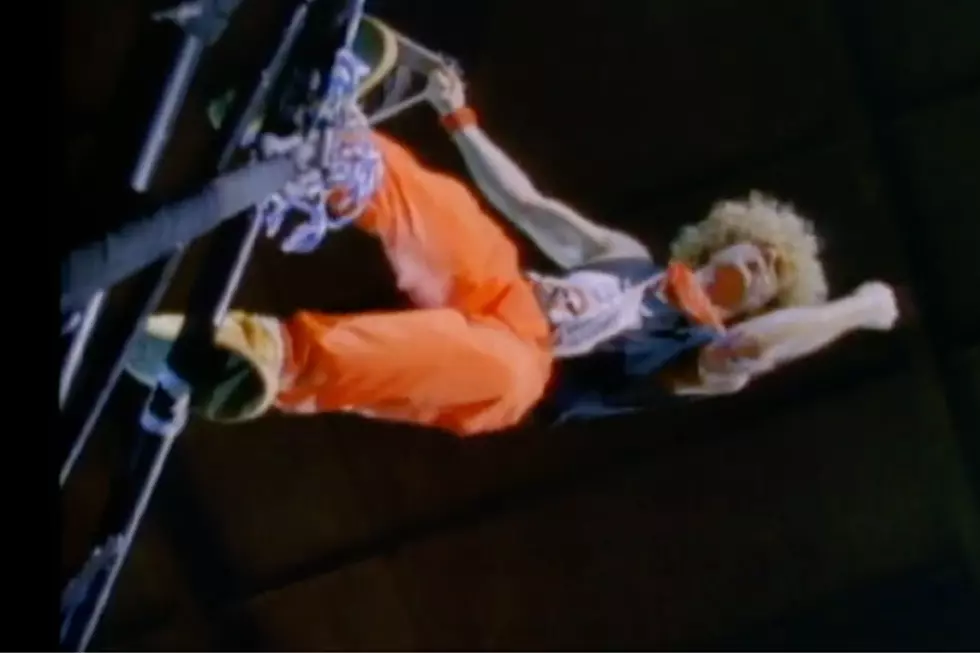
40 Years Ago: Sammy Hagar Begins to Emerge on ‘Danger Zone’
Sammy Hagar wouldn't achieve widespread recognition until "I Can't Drive 55" became a hit in the summer of 1984; and he wouldn't become a global sensation until joining Van Halen, so it's sometimes hard to remember that Danger Zone, released in June 1980, was already Hagar's fifth solo album.
The record proved to be a turning point in Hagar's career. It marked the end of his contract with Capitol Records, where, despite being championed by respected A&R man John Carter (who had signed him four years earlier, as well as Bob Seger and, later, Tina Turner), Hagar never seemed to be able to break through.
As Hagar would later claim in his autobiography, Red, Capitol simply didn't know what to do with him, and while Hagar was out there on the concert trail, building a following night after night, each of his Capitol LPs seemed to stall just outside the gold sales threshold, with no help from a crossover hit.
Danger Zone wouldn't immediately alter this frustrating trend, but its stellar song selection did bring Hagar's mostly self-generated momentum to a tipping point, allowing him to swap Capitol for red-hot Geffen Records in short order, and finally accelerate beyond the speed limits previously imposed on him.
"Love or Money," "20th Century Man," "Miles From Boredom" and "In the Night (Entering the Danger Zone)" were among the heaviest and catchiest hard rockers yet crafted by Hagar and his band, with the first of these enhanced with guest vocals and solos from Journey's Steve Perry and Neal Schon. (Hagar would soon team up with the latter for the highly underappreciated HSAS album)
Listen to Sammy Hagar's 'Love or Money'
Deeper cuts like the infectious "Mommy Says, Daddy Says," the deliberately grungy "The Iceman" and slow-cresting "Run for Your Life" (co-written by former Rare Bird frontman Steve Gould) were also nothing to scoff at. And in "Bad Reputation," Hagar seemed to have a perfect rock radio single. Yet it was the excessively saccharine "Heartbeat," co-written by Hagar and his then-wife, Betsy, that got the radio promotion nod and, once again, went nowhere.
Even with these sporadic imperfections, though, Danger Zone was among the best work of Hagar's solo career to date -- maybe the very best since his traumatic exit from Montrose, in 1975 -- so its no wonder that it finally paved the way for the Red Rocker's celebrity to reach new heights, with the confident backing of not only his new label, but his growing legions of fans.
See Sammy Hagar and Other Rockers in the Top 100 Albums of the '90s
More From Ultimate Classic Rock









